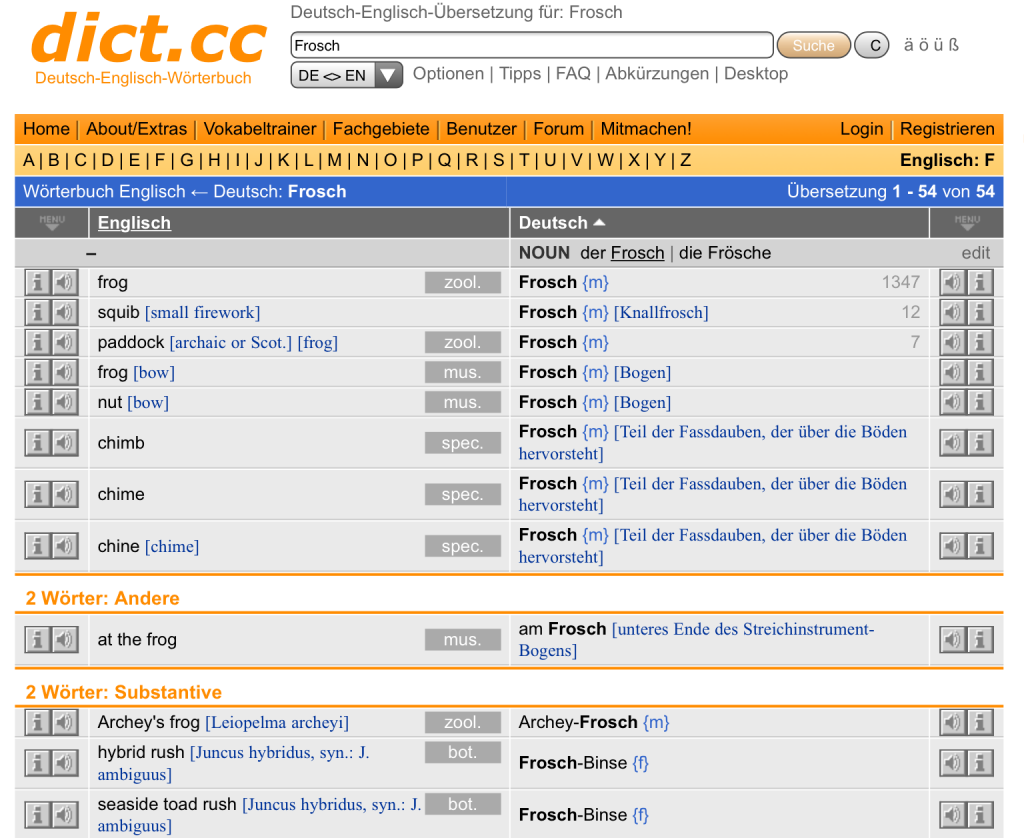Online Deutsch
Posted : admin On 3/23/2022Typing in German WITHOUT German Keyboard! Virtual German Keyboard (Deutsch) for writing text with German characters on screen. The world's most popular way to learn German online Learn German in just 5 minutes a day with our game-like lessons. Whether you’re a beginner starting with the basics or looking to practice your reading, writing, and speaking, Duolingo is scientifically proven to work. See how we do it.
Online Deutsch Unterrichten
Introduction
Learn German grammar online with Lingolia. Our complete grammar explanations make learning German easy. Learn the most important rules and their exceptions and master verb conjugation in various tenses.
With hundreds of interactive exercises for beginners through to advanced German learners, you can practise what you have learnt and master the German language.
Tenses
In the German language there are six tenses: present (Präsens), present perfect (Perfekt), simple past or preterite (Präteritum), past perfect (Plusquamperfekt), future (Futur I), and future perfect (Futur II). In each tense, the verbs have to be conjugated (ich, du, er, ... – I, you, he, ...).
Verbs
Here you can find information about modal verbs, reflexive verbs, separable and inseparable verbs, the passive voice, the imperative, and the subjunctive. The different tenses are explained in the section called 'Tenses'.

Nouns and Articles
In German, nouns can be masculine, feminine, or neuter (for example der Löffel, die Gabel, das Messer – the spoon, the fork, the knife). They are generally used with an article and have to be declined.
Pronouns
Pronouns take the place of nouns and have to be declined. We make a distinction between personal, possessive, reflexive, interrogative, demonstrative, and indefinite pronouns.
Adjectives

Adjectives are descriptive words. They indicate how someone or something is (for example gut, schnell – good, fast). Adjectives can be comparative, and sometimes we have to decline them too.
Adverbs
Adverbs are unchanging words (for example hier, gestern, darum, sehr – here, yesterday, therefore, very), which we use to provide information about place, time, reason, or manner. Some adverbs can be comparative.
Prepositions
Prepositions are short words (for example in, auf, ohne – in, on, without) that we use with nouns or pronouns. Each preposition requires a particular case (genitive, dative, accusative).
Sentence Structure
In this part of the site, we explain the order of words in main clauses, questions, and dependent clauses. We pay special attention to the areas of conditional clauses and indirect speech.
German online exercises that cover the most important grammar areas with a concentration of topics that make most foreigners problems. Free online exercises to practice the application of grammar rules for both beginners and advanced learners. They are in two different formats: multiple choice and fill in the blanks.
In the multiple choice format, you will be provided up to four answer choices; you are required to choose the correct answer. The fill-in-the-blanks exercises do not provide any answer choices. You are required to type the correct answer in the space (gap) provided next to the question.
Hints are provided in most cases. Independent the format, this is an online test and you will instantly receive your scores upon submitting the exercise.

Exercises for beginners
Most popular exercises

German Online Classes
